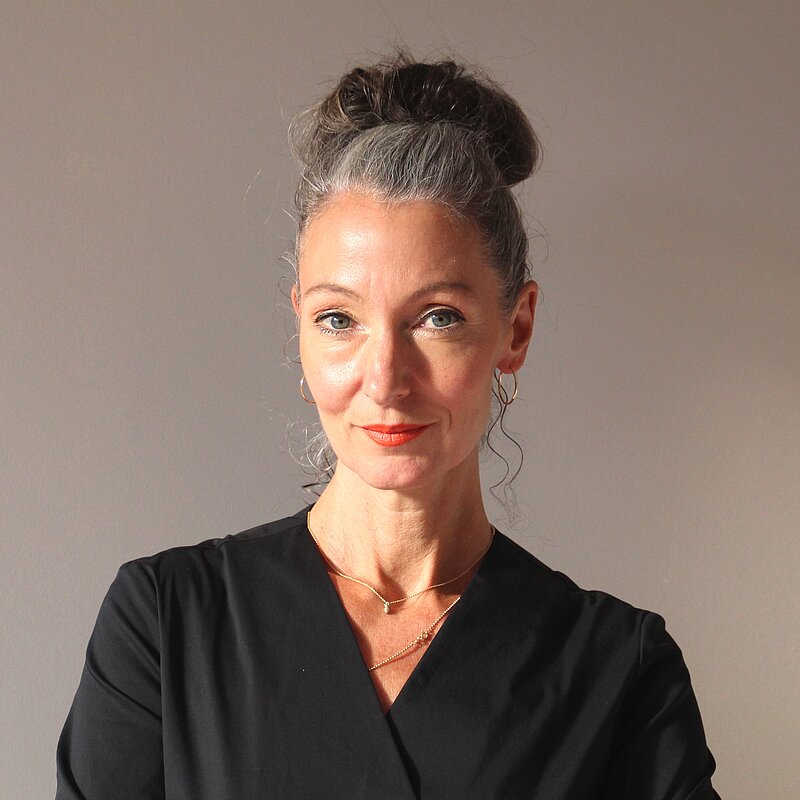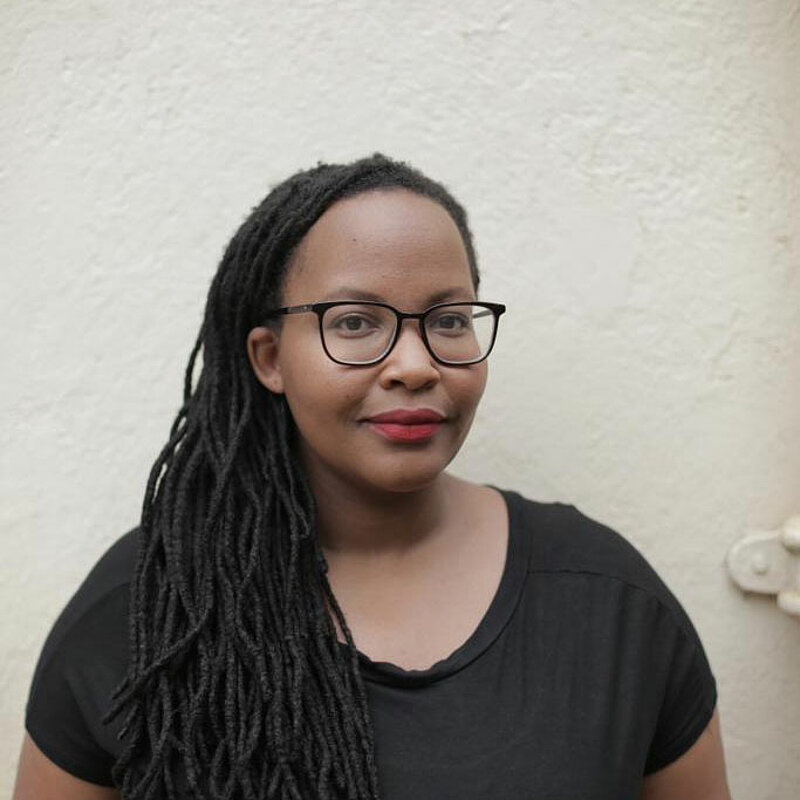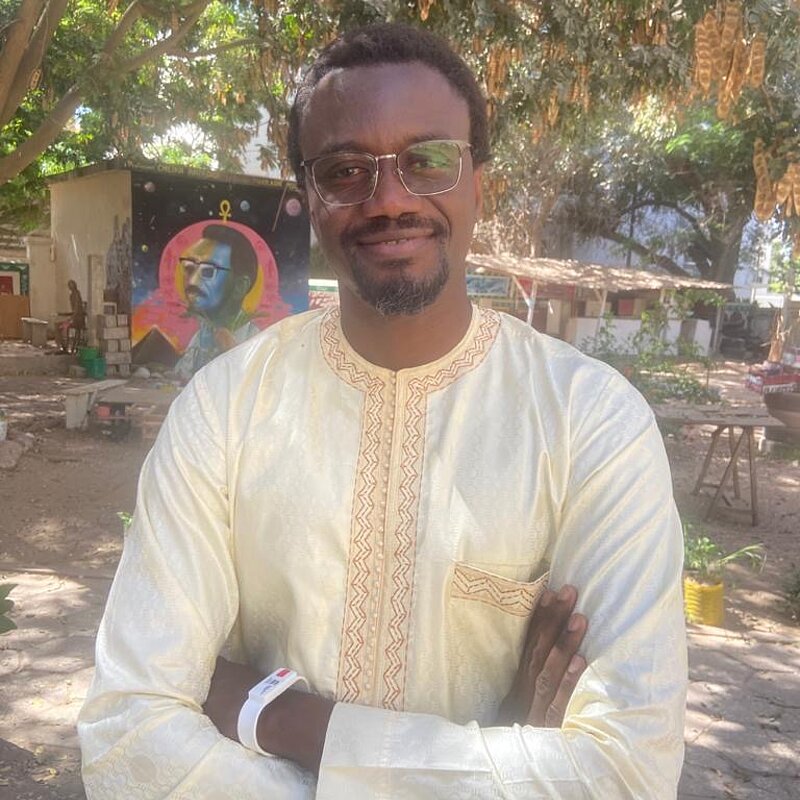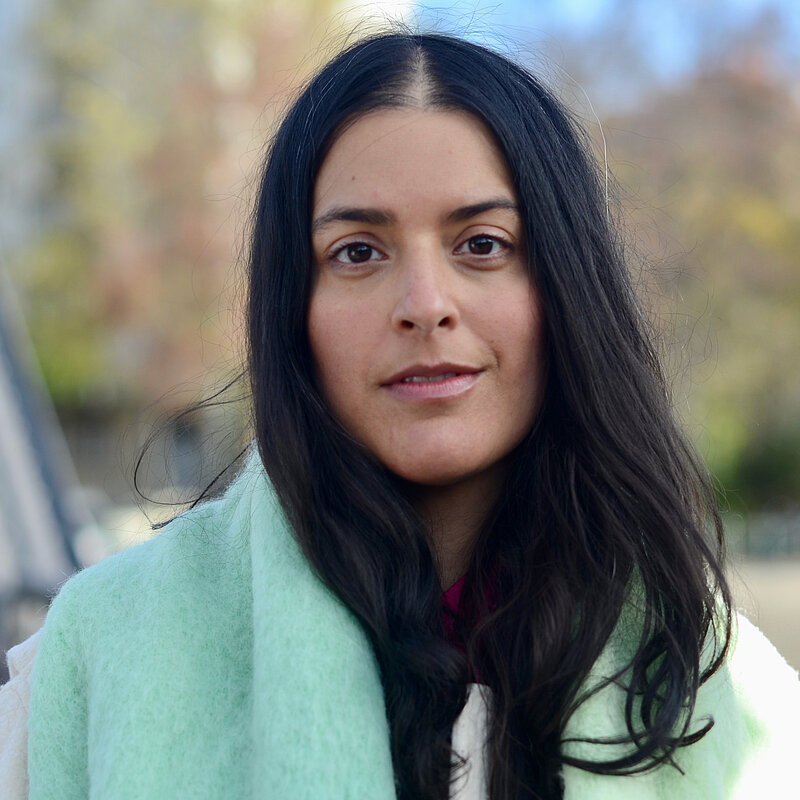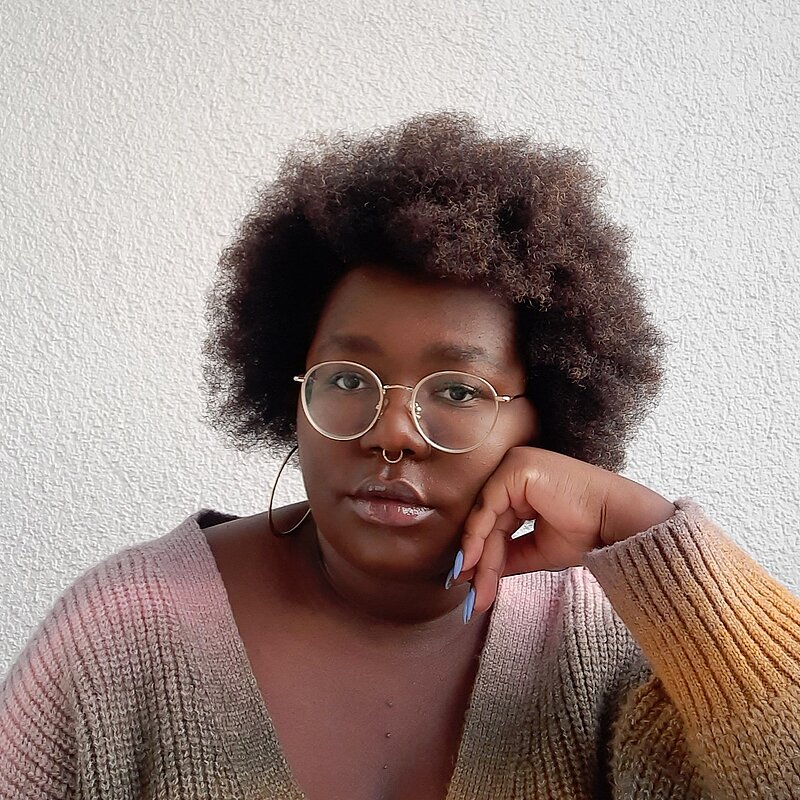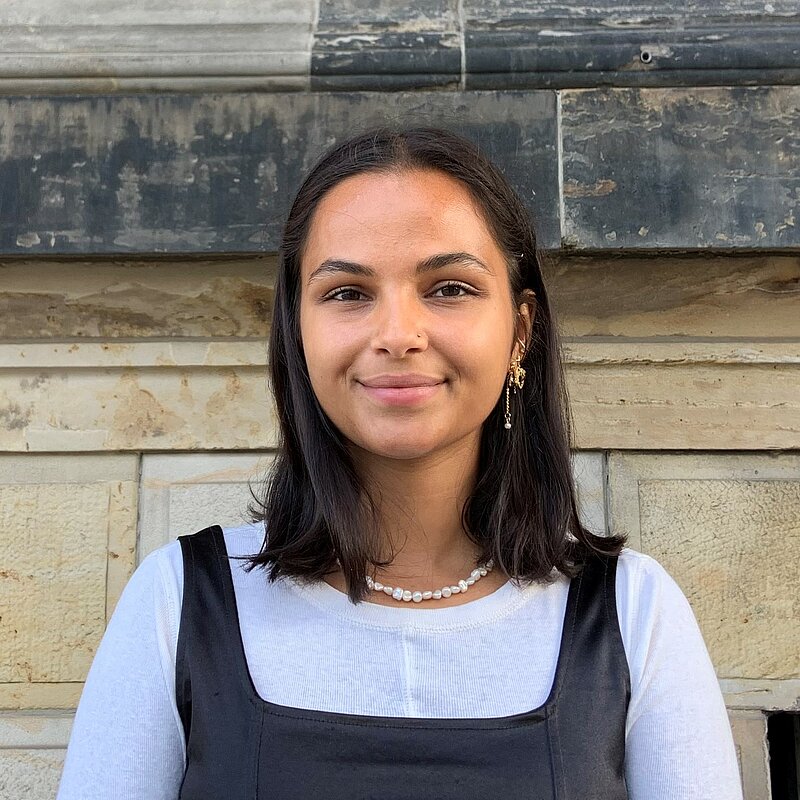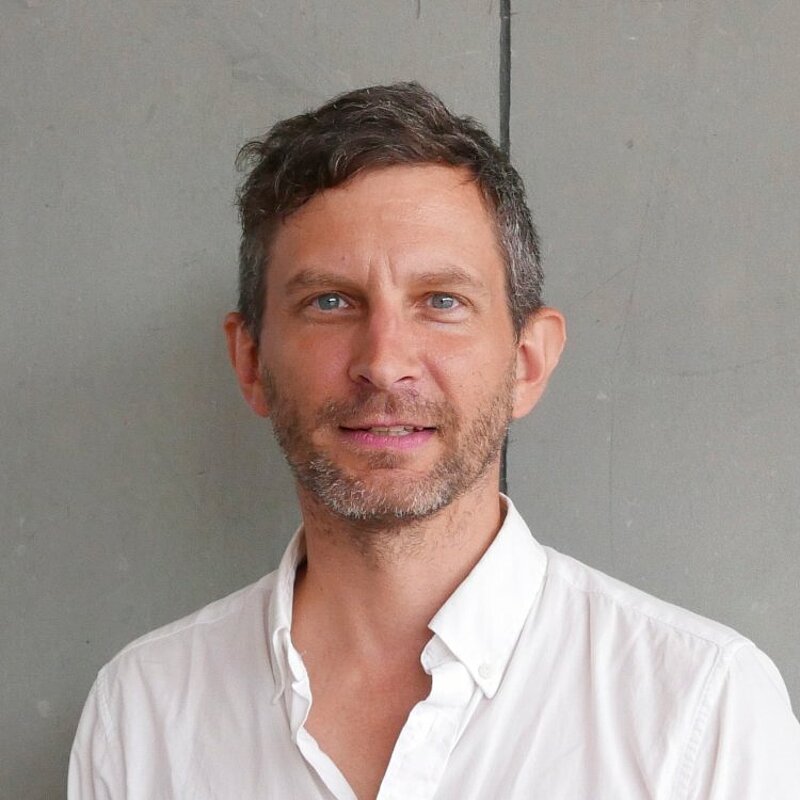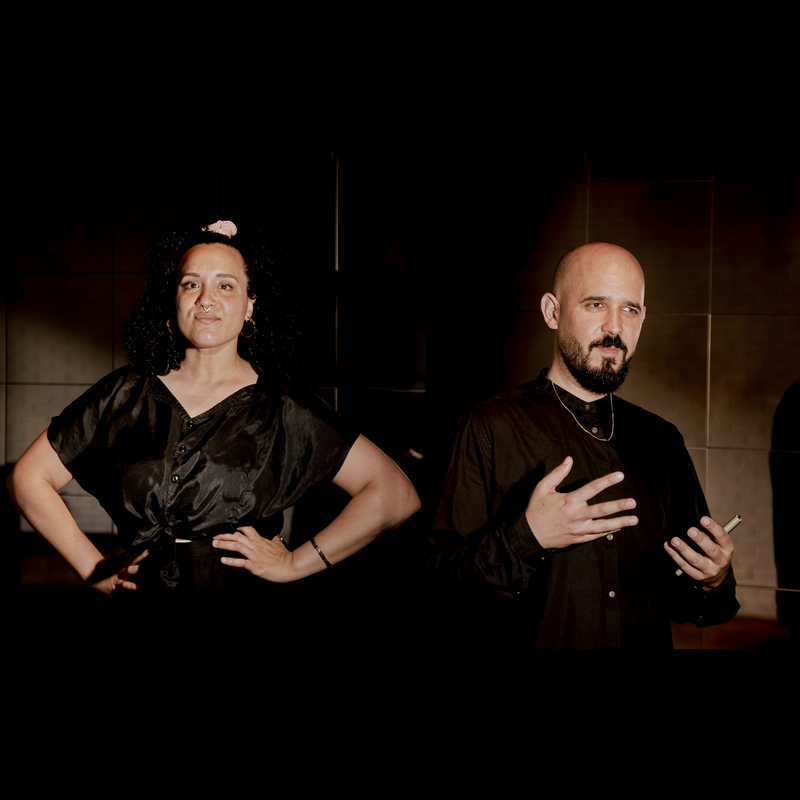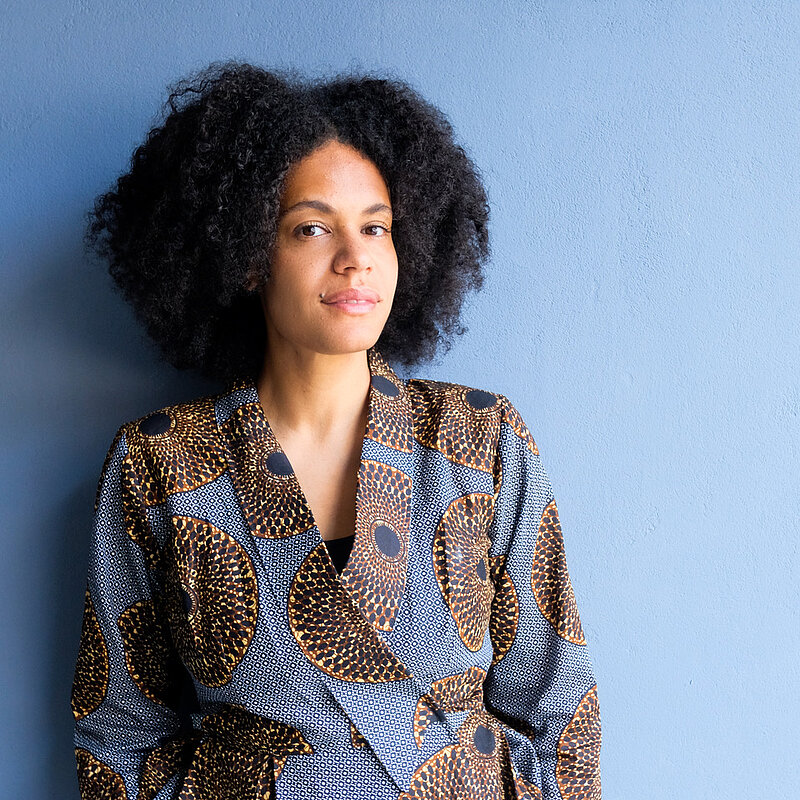
Mahret Ifeoma Kupka
Concept & Curator
Dr. Mahret Ifeoma Kupka is an art scholar, freelance writer and, since 2013, Curator of Fashion, Body and Performance at the Museum Angewandte Kunst in Frankfurt am Main. In her exhibitions, lectures, texts, and interdisciplinary projects, she addresses the issues of the future, memory culture, representation, and the decolonization of art and cultural practices in Europe and on the African continent. She is a member of the advisory board of the Initiative Schwarze Menschen in Deutschland e.V. and spokesperson for the Neue Deutsche Museumsmacher*innen. Mahret Ifeoma Kupka is part of the curatorial team of TALKING OBJECTS LAB.
